On a muggy late August evening in Portland, the backyard of Mimi Lettunich and Kris Wigger’s home buzzed with the laughter of four children. The couple served up hamburger sliders and tater tots as the kids, fresh from the pool, played card games around the patio table. For Lettunich, 57, and Wigger, 48, this routine has become their new reality: relearning the rhythms of raising young children after their own sons grew into adults.
“When’s the last time you had tater tots for dinner?” Lettunich joked. “It’s amazing.”
But beneath the laughter lies a story of loss, resilience, and uncertainty. The children—9-year-old triplets David, Carlos, and Abby, and their 7-year-old brother Jeffrey—are living with Lettunich and Wigger because immigration authorities detained their parents earlier this summer.
A Family Torn Apart
The children’s parents, Jackie and Carlos Merlos, were caught up in the Trump administration’s intensified immigration enforcement. In June, while visiting relatives at Peace Arch Historical State Park on the U.S.-Canada border, Jackie, her children, and her visiting mother were arrested by U.S. Customs and Border Protection. Days later, Carlos was arrested outside the family’s Portland home.
Jackie, who has a pending U-visa as a victim of crime, was initially accused of “alien smuggling,” though those charges were later dropped. Still, she and her husband remain detained at the Tacoma immigration facility, along with Jackie’s mother. Their fate—and their children’s future—remains uncertain.
The kids were released in July to Lettunich and Wigger, close family friends who had promised years earlier to care for them if the parents were detained. “When Trump was reelected, Jackie asked if we would be guardians if something happened,” Lettunich said. “We told her, ‘Of course.’”
Adjusting to a New Home
When the children first arrived, Lettunich and Wigger softened the blow by framing the move as a summer camp. Two months later, the kids are back in school, adjusting to new teachers and classmates while still longing for their parents.
“They ask, ‘When will life go back to normal?’” Lettunich said. “It’s heartbreaking because we don’t have an answer.”
To support the children and help with mounting legal fees, the couple launched a GoFundMe that has raised nearly $39,000. Yet, state agencies have not offered direct assistance. The Oregon Department of Human Services confirmed it had not received calls about the case, and there is no automatic process to notify the agency when immigration authorities separate children from their parents.
A System Without Support
The Merlos children are among an unknown number of Oregon minors impacted by family separations under current federal policies. Earlier this year, ODHS recommended that the state create funding and processes to help children reunite with parents after deportation. The proposals emphasized partnering with nonprofits rather than direct state custody.
But so far, little progress has been made. “ODHS only has the authority to step in when there’s a safety concern reported,” agency spokesperson Jake Sunderland explained. That means families like the Merlos, who found safe guardians in Lettunich and Wigger, often fall outside the system’s scope.
U.S. Rep. Maxine Dexter, a Portland Democrat, has been outspoken about the case. She called the trauma inflicted on the children “egregious,” adding: “Sending kids to school with new backpacks but without their parents, never knowing if they’ll see them again, is just cruel.”
The Weight of Responsibility
For Lettunich and Wigger, stepping into parenthood again has been both joyful and exhausting. They’ve re-learned how to pack lunches, manage bedtime routines, and stock up on kid-friendly snacks. “The goldfish crackers are back in our house,” Lettunich said with a laugh.
But the emotional toll is never far away. Bedtime is often the hardest, when the children open up about missing their mom and dad. “We talk about it every night,” Wigger said.
The couple also grapples with the parents’ anguish. “For Jackie, being torn from her kids must be torture,” Wigger said. “We feel the joy of having them here, but it’s heartbreaking to know their parents can’t.”
Loss Upon Loss
The summer has been especially hard for Lettunich, who lost her father just days before the Merlos family was detained. Grief for her parent was quickly overtaken by the urgent responsibility of caring for four displaced children.
“It was incredibly difficult,” she said, her voice breaking. “But as soon as we heard, my energy went straight into, ‘Where are the kids? How do we get them?’”
On July 14, officials called to say the children were being released at Seattle-Tacoma International Airport. Lettunich raced north to pick them up before they were potentially flown out of the country. “The kids said, ‘Mom was screaming when we left. We’ve never heard her like that.’”
Holding on to Connection
Despite the separation, the family works hard to stay connected. Phone calls and video chats provide fleeting moments of normalcy. On August 28, the children sang happy birthday in Spanish over FaceTime to their grandfather, Jackie’s father, who turned 72.
For a few minutes, technology closed the gap between Portland and the Tacoma detention facility.
The children’s mother continues to reassure them during calls: “It won’t be forever.” But her next hearing isn’t scheduled until October 14, and Carlos’s court date remains unknown. Until then, the children remain in limbo.
The Children’s Resilience
Through it all, the kids have shown remarkable strength. They’ve started at a new school, made friends, and found comfort in small routines—watching movies on the back porch, eating ice cream under blankets, and sharing their feelings with Lettunich and Wigger at bedtime.
Still, the uncertainty weighs heavily. “The longer it goes, the harder it gets,” Lettunich admitted.
Jackie’s words, written from detention in late August, capture the heartbreak: “I miss them so much that I would give my life just to hug them for a moment.”
A Community Waiting
The Merlos family’s case remains tangled in legal proceedings, with federal agencies offering little transparency. For now, Lettunich and Wigger are doing everything they can to provide love and stability while the courts decide their friends’ fate.
“It’s been a wave of emotions,” Wigger said. “But the kids know they’re safe. And that’s what matters most right now.”
For the four siblings, “normal” is still out of reach. But within Lettunich and Wigger’s Portland home, there is laughter, comfort, and unwavering care—a reminder that even in the face of separation and uncertainty, family can take many forms.

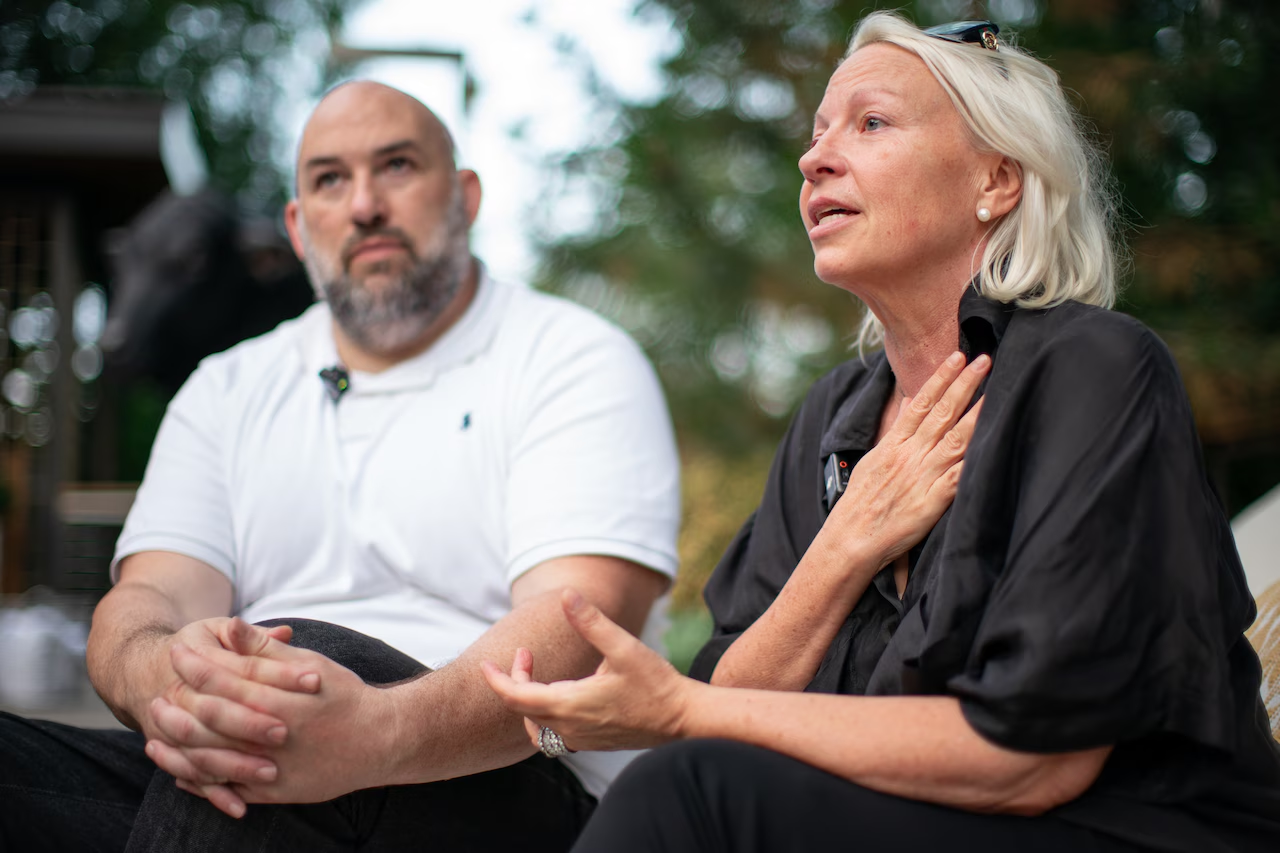
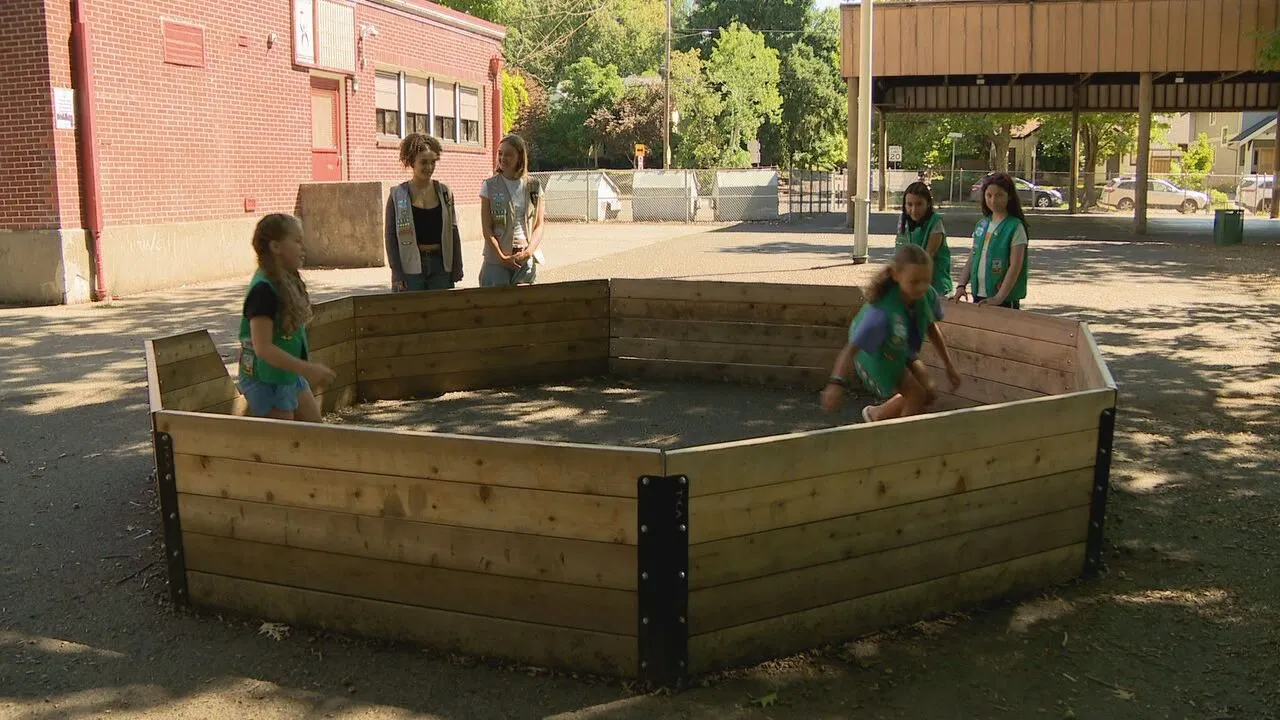
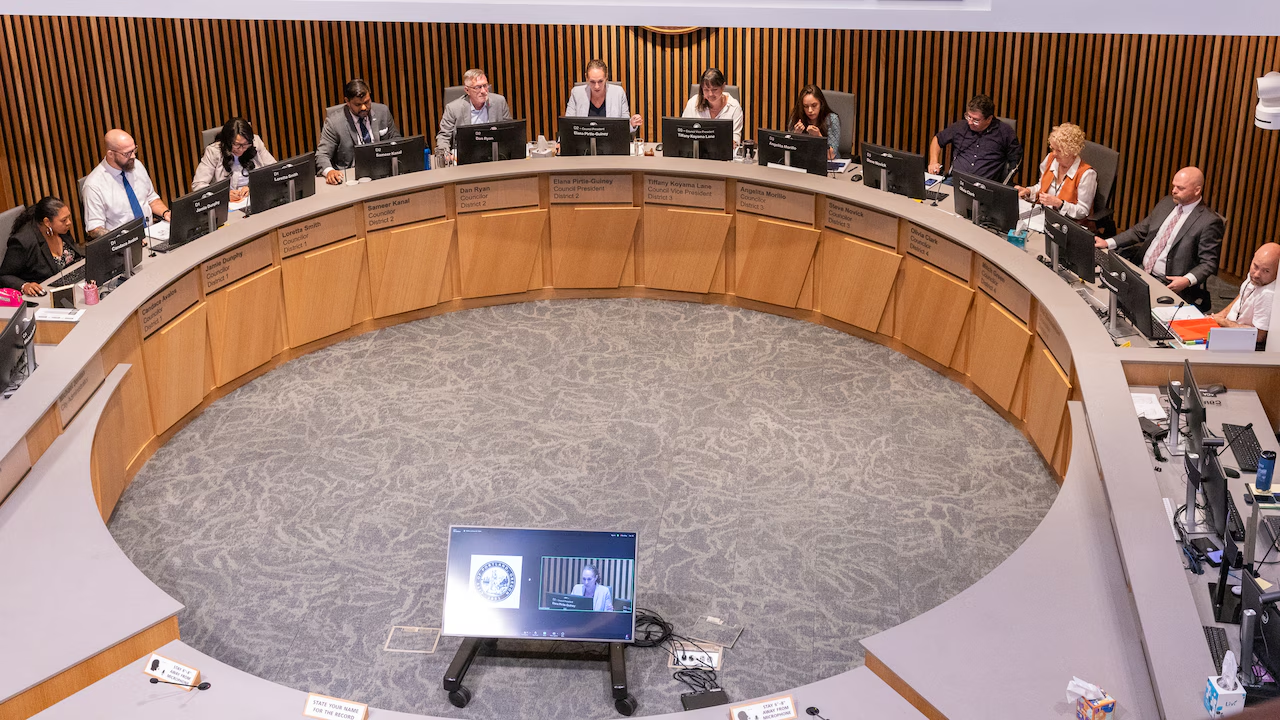
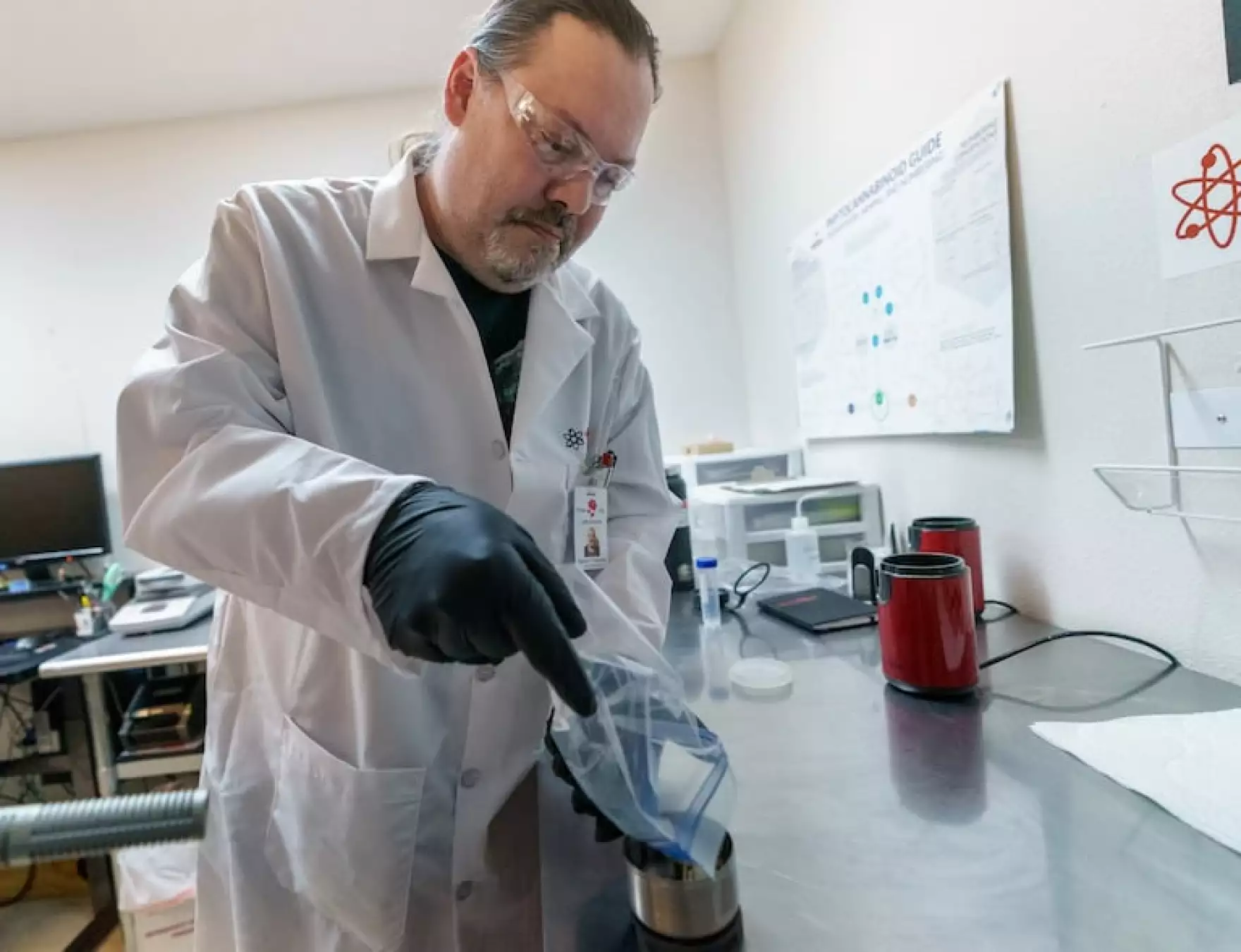


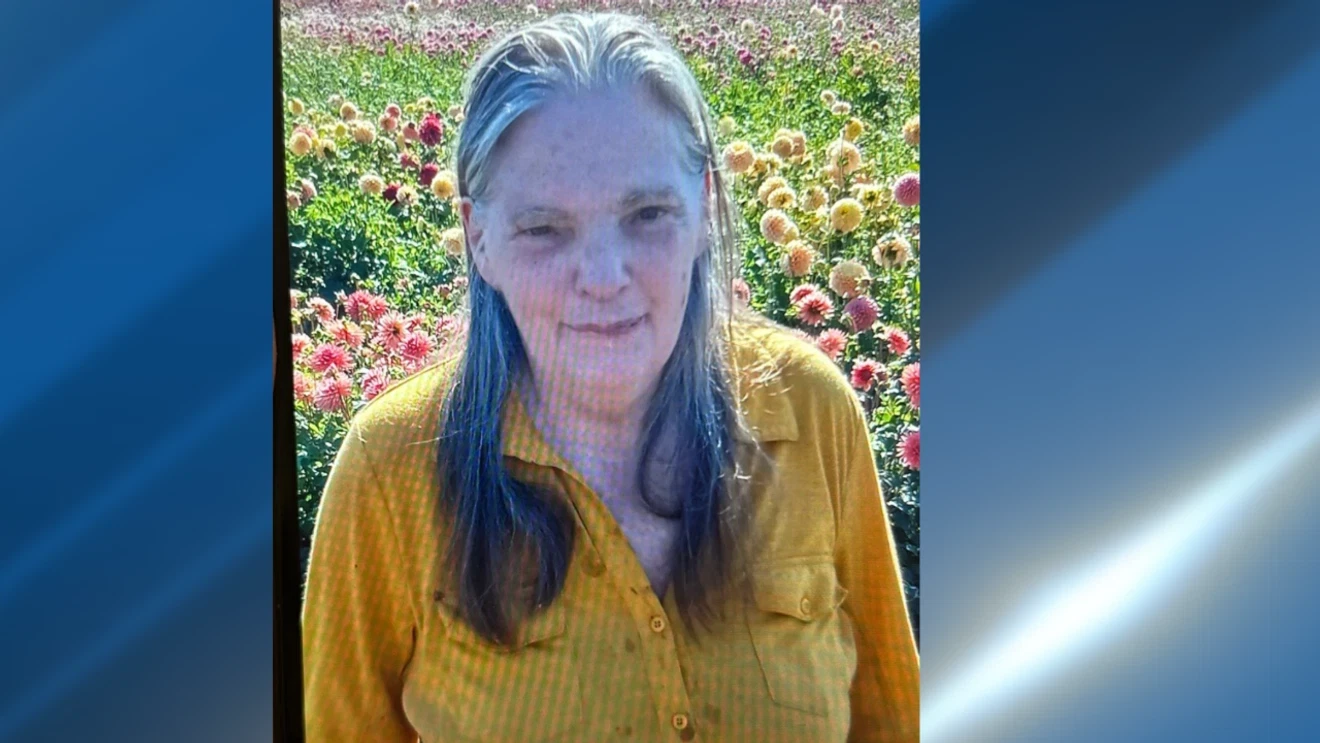
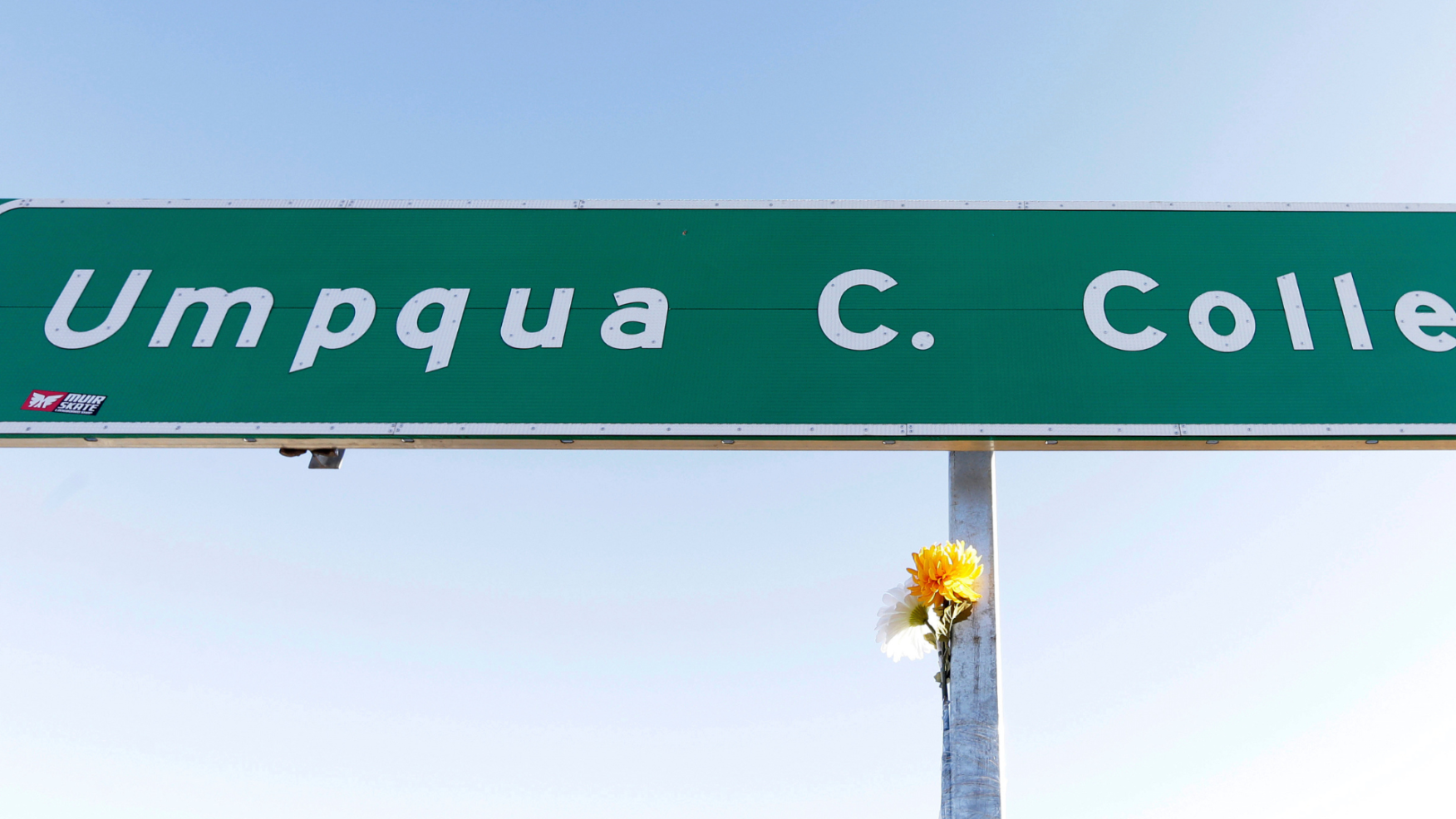

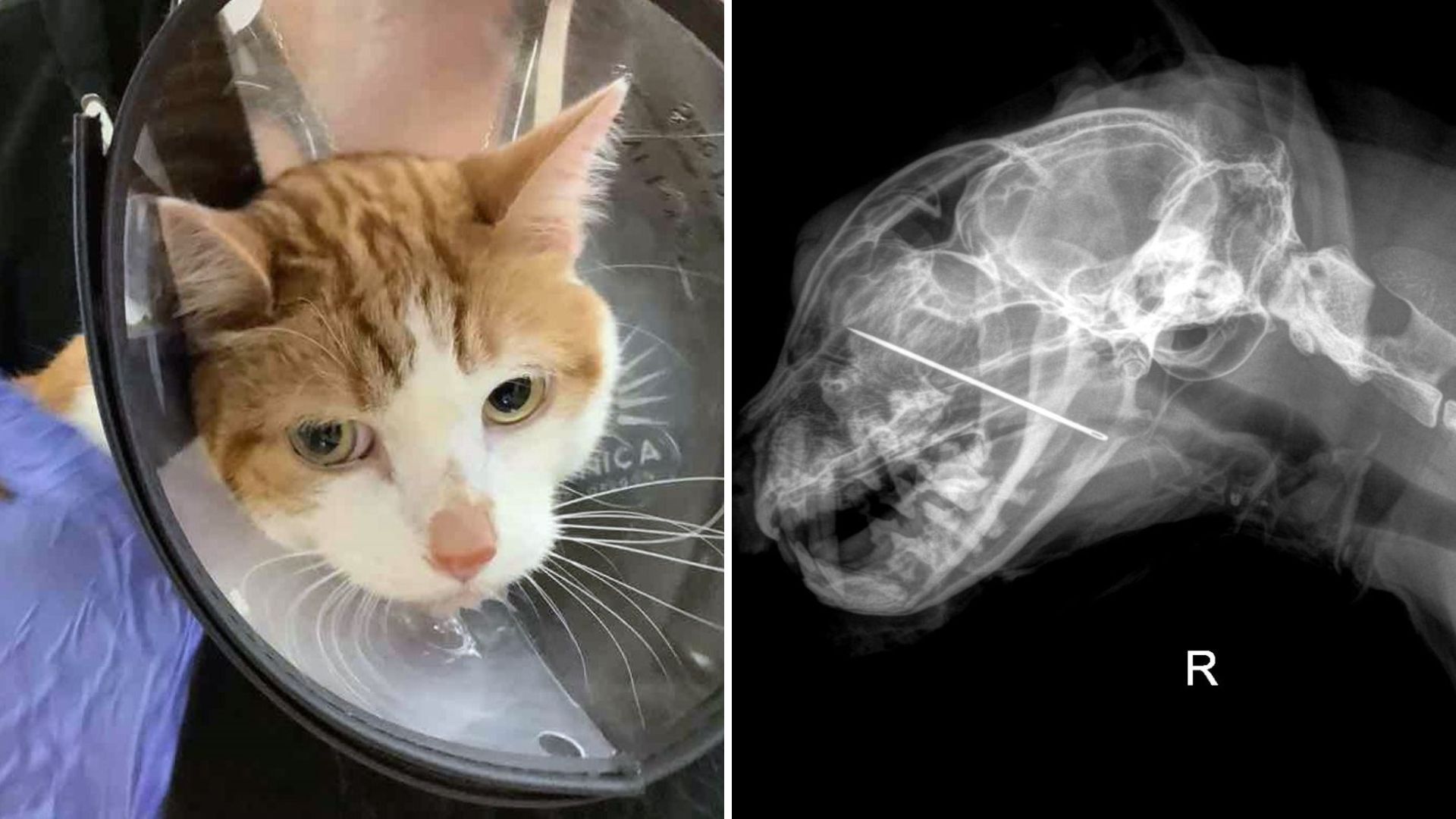

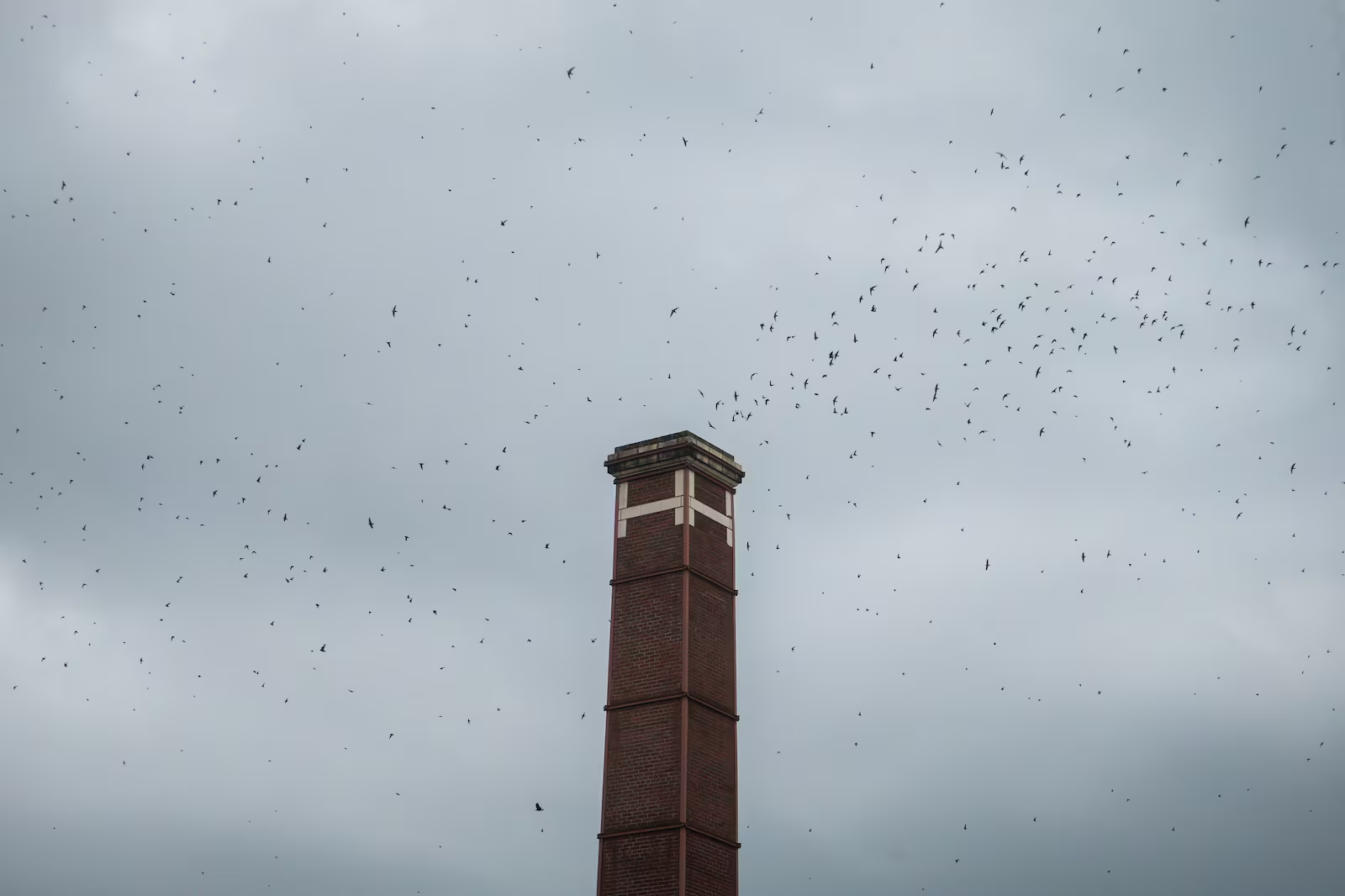

Leave a Reply